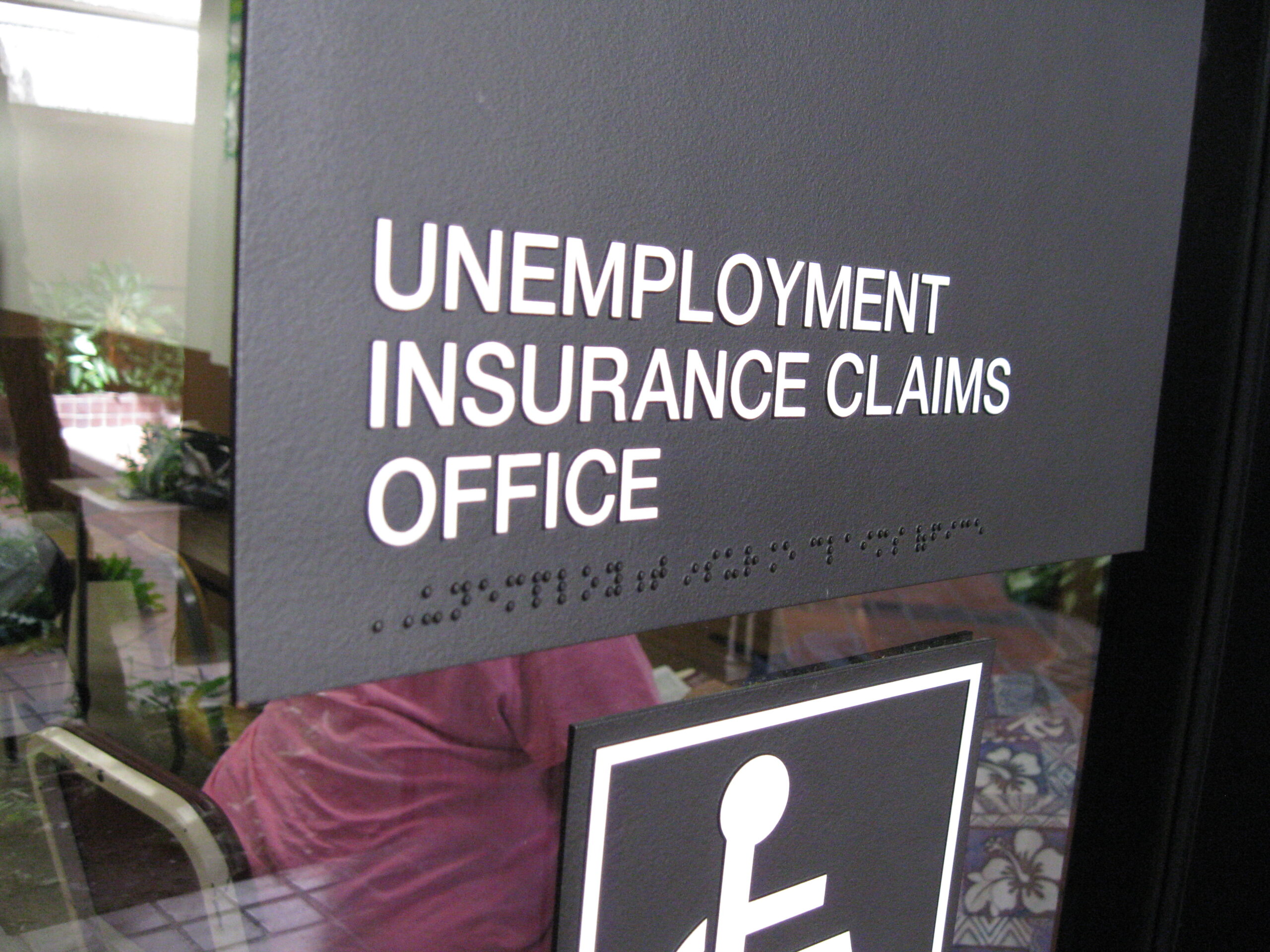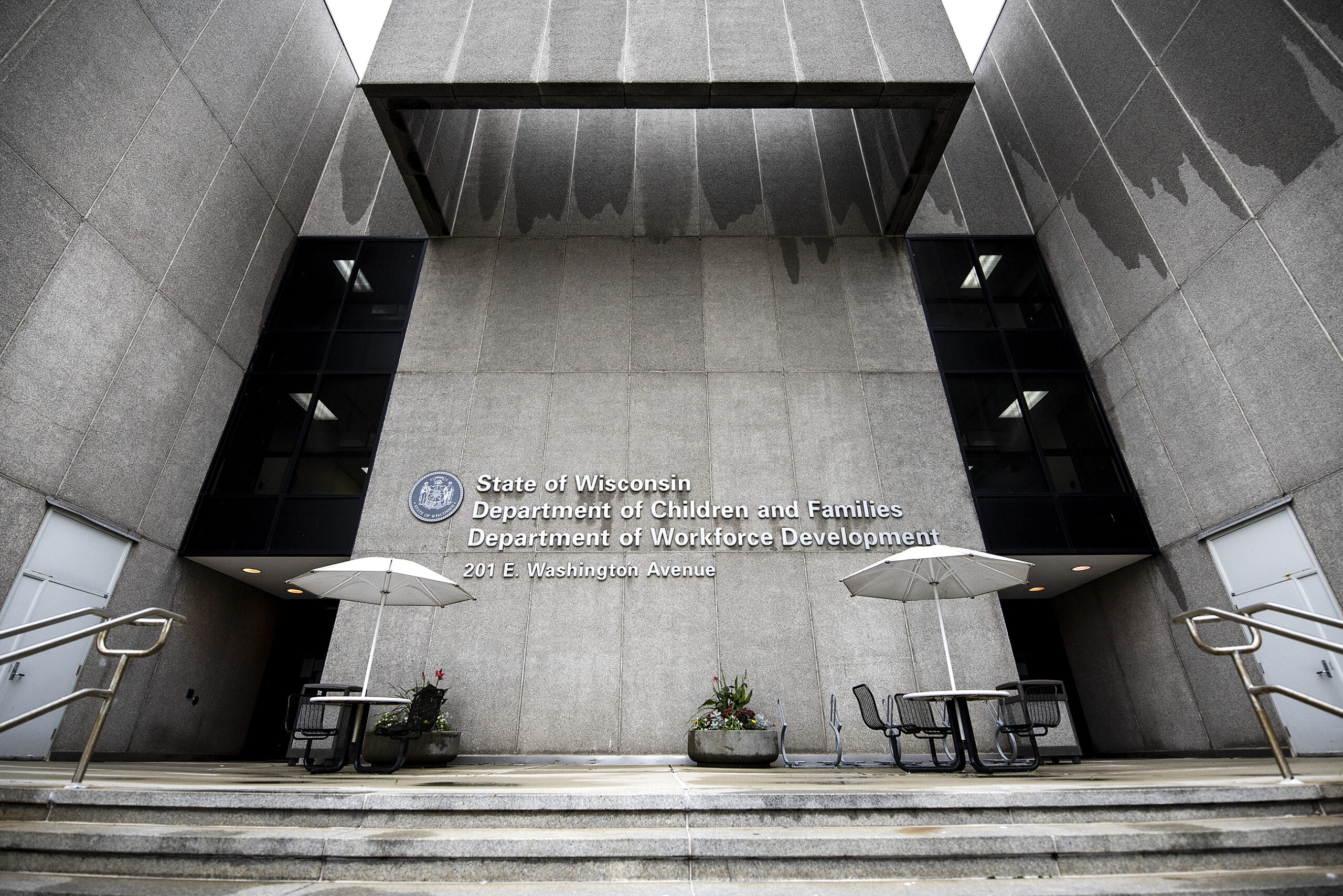The state Supreme Court has agreed to take up a case over a law some say enables wrongful denials of unemployment benefits.
The case will help define the concept known as “substantial fault,” an element introduced into state laws governing unemployment benefits in 2013. The law was presented as a way to prevent people from claiming unemployment benefits if they were fired from their jobs after making intentional mistakes.
At the time, Gov. Scott Walker touted the change, which was packaged with a handful of other tweaks to unemployment law, as a “common sense” way to improve the balance of the state’s unemployment reserve fund. The changes, which were expected to save about $19 million annually, were championed by businesses that said they were paying benefits to too many former employees.
News with a little more humanity
WPR’s “Wisconsin Today” newsletter keeps you connected to the state you love without feeling overwhelmed. No paywall. No agenda. No corporate filter.
The substantial fault provision went into effect in 2014. That change, along and its companion reforms, have spurred a decline in unemployment claims.
“Many people are being disqualified,” said Victor Forberger, a lawyer and volunteer at the University of Wisconsin-Madison’s Unemployment Appeals Clinic. “Right now, the law is essentially if you make a mistake, unless the mistake was completely inconsequential to the employer, that counts as substantial fault.”
Now, the state Supreme Court’s justices will hear a case seeking to clarify the application of the substantial fault element.
The plaintiff in the case is Lela Operton, who was a service clerk at a Walgreens from 2012 to 2014. According to Walgreens, Operton made eight cash-handling errors during her 20 months of employment.
The errors included returning WIC program checks to customers after they’d been used and failing to check the identification of a customer who was using a stolen credit card.
Operton was laid off after her eighth error and was denied unemployment benefits by the state Department of Workforce Development, which cited “misconduct” as its reasoning.
With help of an unemployment attorney, Marilyn Townsend, Operton appealed the ruling.
“She was almost perfect as an employee,” Townsend said, pointing out that Operton performed more than 80,000 transactions during her employment.
That misconduct finding was altered to substantial fault by an administrative law judge, a circuit court and the state body that oversees unemployment claims, the Labor and Industry Review Commission.
Operton then appealed to a state appeals court, which overturned the decision.
“Inadvertent errors, even if repeated after a warning, do not constitute substantial fault,” the court wrote in its ruling.
Townsend estimated there are “thousands” of employees like Operton, who have been laid off and denied unemployment benefits.
“She is a classic example of the working poor,” Townsend said. “To the extent that there’s criticism of poor people, that they’re poor because they don’t work hard … this woman is a study in dignity and beauty and hope and trying her best to maintain employment.”
The Labor and Industry Review Commission stands by its claim that Operton’s errors qualify as substantial fault, citing years of experience ruling on unemployment claims.
“The factors that are considered in a substantial fault analysis are the same as those that are considered in a misconduct analysis,” the commission wrote in its petition for Supreme Court review. “The commission has a long history of interpreting the nation’s seminal misconduct law.”
The court is expected to take up the case sometime this fall.
Wisconsin Public Radio, © Copyright 2026, Board of Regents of the University of Wisconsin System and Wisconsin Educational Communications Board.





